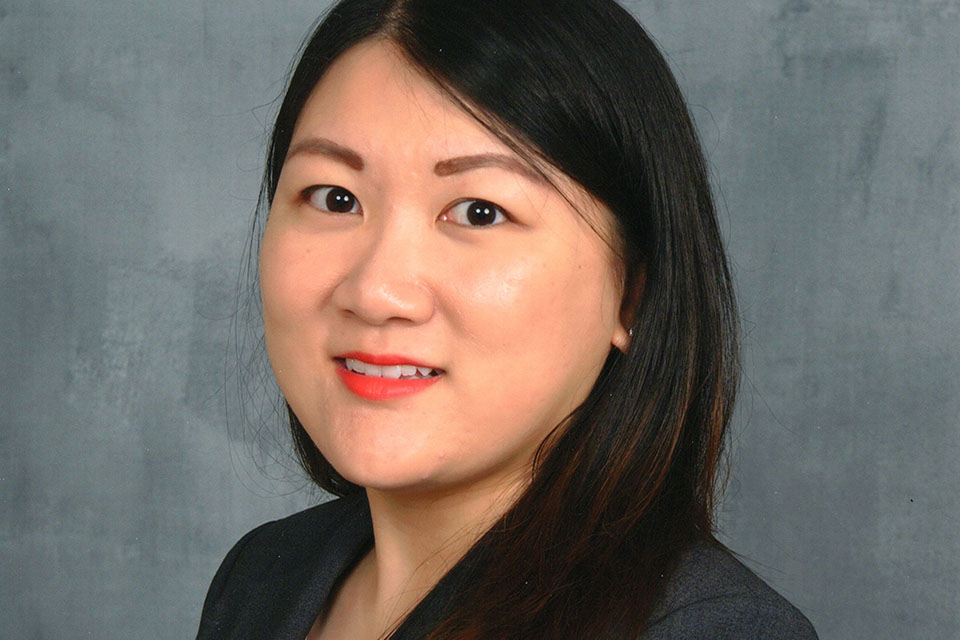Conducting Research in the Real World: Advice from a PSC Alumnus
Written By: Asmita Adhikari, PSC Graduate Student
Editor’s Note: This interview was republished from the May Monthly Spotlight section of the University of Maryland, Baltimore (UMB) American Association of Pharmaceutical Scientists (AAPS) student chapter website. To view the original interview, please visit the AAPS student chapter website here.
The AAPS student chapter at UMB strives to help students, postdoctoral fellows, and faculty who are interested in the field of pharmaceutical sciences develop and enhance their career paths. One way that we accomplish this mission is by connecting with and sharing insights from former members who have launched their own careers, allowing current students and trainees to learn from their experiences and the challenges they have encountered.
Below, I interview Hechuan Wang, PhD ’19, a clinical pharmacologist at AstraZeneca who was a student in the lab of Vijay Ivaturi, PhD, assistant professor in the Department of Pharmacy Practice and Science (PPS) and pharmacometrician with the Center for Translational Medicine (CTM) at the School of Pharmacy. Continue reading to see what advice and guidance she has for current students and recent graduates who are beginning to pave their paths in the field.
What differences do you notice between your time as a graduate student and your current work as a clinical pharmacologist at AstraZeneca?
As a graduate student, the projects I worked on were more research oriented. Since joining AstraZeneca, most of my projects have focused on drug development. In the PhD in Pharmaceutical Sciences (PSC) program, I had opportunities to discuss questions with faculty, postdocs, and other graduate students who were very knowledgeable about my field. They could understand my questions quickly, give suggestions, and help me with my research. In contrast, as a scientist in industry, I am expected to function under minimal supervision and provide solutions to scientific questions. In a project team, I am responsible for answering all of my colleagues’ clinical pharmacology questions. My colleagues on a project team can include clinicians, statisticians, and protein engineers. These scientists are not familiar with my field. Efficient and clear communication is very important in our teams, because everyone is very busy. Through my interactions with others, I have had the chance to gain a good understanding of the entire drug development process outside of my area of clinical pharmacology.
What resources and professional associations impacted your career development the most?
I started attending the American College of Clinical Pharmacology (ACCP) and American Conference on Pharmacometrics (ACoP) annual conferences in my second year as a graduate student. These conferences provided me with opportunities to network with professionals in my field. By talking to those individuals, I gained valuable insights into the types of knowledge and expertise I would need to equip myself with to be viewed as a qualified professional in the future. I was also able to obtain an internship position one summer with help from other alumni of the PhD in PSC program. That internship provided me with the opportunity to experience a professional environment, and by talking to the scientists there, I was able to further fine tune my career interests, including the therapeutic area and type of work setting I would prefer after graduation.
What challenges did you face when looking for a job after completing your PhD?
While I was looking for a position, I was in my last year of the PhD in PSC program. It was a very busy time. For other students who find themselves in this position, I recommend creating a timeline one year before your defense that outlines when you want to have your departmental seminar, when you should start looking for a job, when to start writing your dissertation, and when to complete your defense. Timing is extremely important when you are simultaneously working towards your defense and searching for a job.
What advice would you give graduate students who are looking for a position at AstraZeneca or elsewhere?
Talk to different people. Getting different perspectives will help you figure out what your interests are, such as which therapeutic area you are interested in and whether you are interested in positions in academia, government, or industry. Once you know what you want to do, you can work towards that goal in your doctoral studies. Keep up to date on openings in the organization in which you are looking for a position. Leverage alumni, friends, and family connections to learn more about a position that you are interested in beyond the information that is typically shared in the job advertisement.

